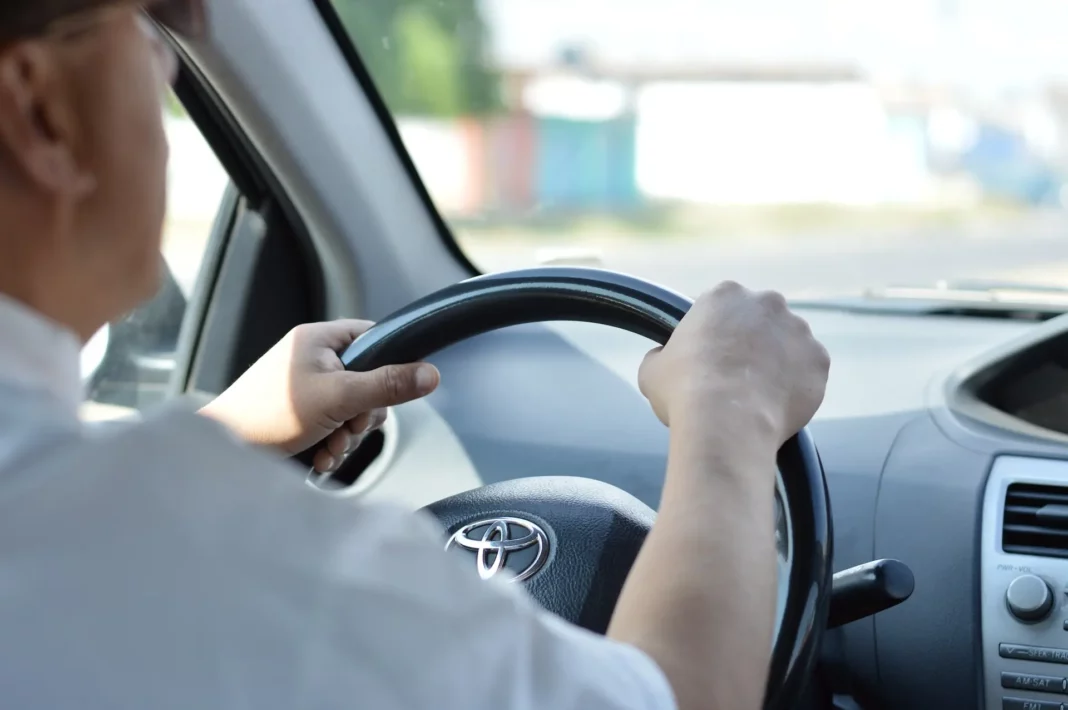Root canal treatment is a very common procedure in dentistry. But, most of the patients have questions in their minds regarding what can be done and what can’t be done after the treatment. Here, we will know if Can You Drive After a Root Canal or not.
What is a root canal treatment?
Root canal treatment is a procedure, where the dental pulp is removed from the inside of the tooth. The dental pulp is responsible for all the pain or sensation you get from your teeth. When it is infected, it causes pain, which sometimes is unbearable.
So, the dentist opens the tooth, accesses the canal, and removes all the infected pulp tissue or debris from there. Root canal treatment is also indicated in case of a fractured tooth, abscess in the gingiva, or during the presence of any pathological condition.
Root Canal treatment prevents the tooth from extraction and maintains the aesthetic and function of your oral cavity.
Can You Drive After a Root Canal?
Yes, in most of the cases, you will be able to drive home all by yourself after the treatment is done. This is a very simple procedure, which doesn’t need any surgical procedure.
In most cases, you won’t be facing any pain after the treatment is done. The root canal treatment is done under local anesthesia almost of time. If the agent is introduced in the correct amount, your sensation in the face will come back after a couple of hours.
The dentist creates an access cavity in your tooth during the procedure. the infected tissues and debris are pulled away from the tooth during this treatment. You may feel a little pain after the treatment, but this won’t be hazardous for driving.
When can’t you drive after a root canal?
You can’t drive after the treatment if some conditions arise, like:
- If the action of the local anesthesia takes a longer time to go away, you won’t be able to drive. This will cause dizziness, which is not ideal for driving.
- Sometimes in some cases, the treatment is done under general anesthesia. People going through this are strictly prohibited from driving after the procedure.
- Sometimes, the treatment is done under sedatives. Dentists provide sedative and anti-anxiety drugs to People having panic or anxiety. This also causes dizziness, which lasts for hours after the treatment.
- If complications arise after the root canal procedure.
What are the complications that may arise?
After the root canal treatment, some complications can arise for some people. This may not be severe but requires immediate management by the dentist. Here are some of them:
- Pain is the most common complication which may arise after the treatment. if the treatment is not done properly, or the nerves are not removed from the canal totally, the problem arises. If you have immense pain after going home, you shouldn’t drive your car.
- Bleeding may occur from the teeth after the procedure. if the soft tissue gets perforated, the condition arises.
- Swelling in the adjacent gum can be seen, this happens due to rapid and faulty instrumentation.
- 4. If you are allergic to the local anesthetic solutions, or the root canal medicaments, you will face allergic reactions including rashes.
What Can You Eat After Root Canal?
After going through the treatment, you will have to be a little peaky about your foods for a couple of days. As the tooth is in a healing process, you should use them properly. here are some instructions on what to eat after root canal treatment:
- Avoid eating just after the treatment is done. As the treatment is done with local anesthesia in most of the cases, your masticatory muscles may not work properly.
- Avoid eating very hot or cold food after the treatment. You will be able to take these after 2-3 days of the procedure.
- Grinding and chewing hard food with the treated tooth is strictly prohibited after the treatment. You will be given a temporary restoration after the procedure, which will not bear the masticatory forces. As a result, the temporary filling will fall out resulting in the accumulation of debris in the pulp chamber. You will be able to take hard food after the permanent filling is done.
- Use teeth of the opposite jaw to grind food and try to keep the treated tooth free from mastication. You will have to take soft food after the treatment.
- Alcohol and smoking are strictly prohibited after the treatment.
When can you do your normal activities?
You can return to your normal activity just after 1-2 days of the treatment. if you have gone under general anesthesia, you will have to return to your work after the dizziness has gone.
If you find any complications, you have to visit the dentist rather than go to work. You can do all your work properly including driving, physical activities, and exercise properly after one to two days. As the treatment is a non-surgical procedure, it will not hamper your day-to-day life.

